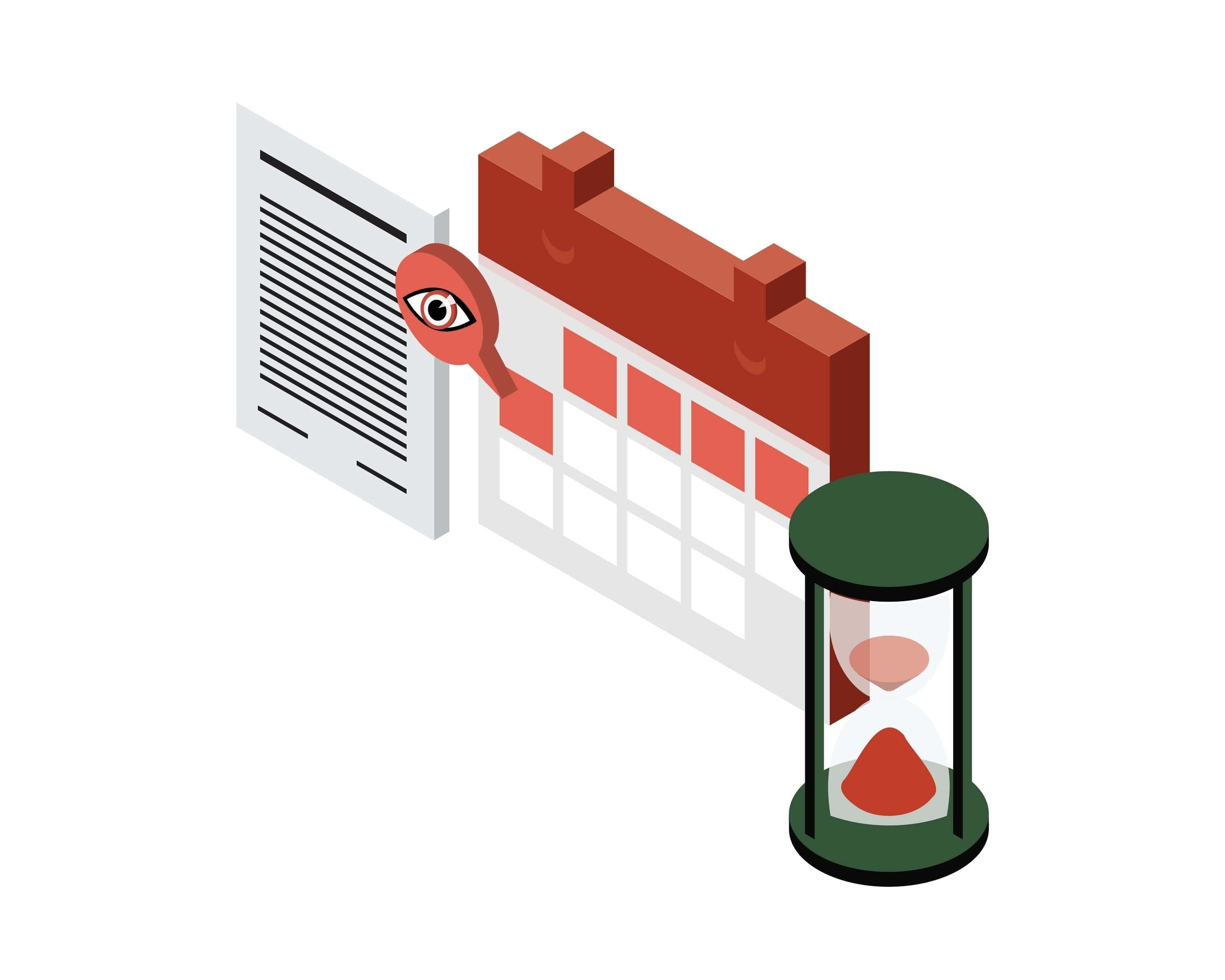Importance of Health Insurance
Health insurance is an essential part of financial planning for everyone. It offers a safety net against unexpected medical expenses that can cause severe financial strain on individuals and families. With the rising cost of healthcare and medical treatment, it is imperative to have adequate health insurance coverage. However, choosing the right health insurance plan can be a daunting task. There are several factors to consider when you compare health insurance plans, including premiums, deductibles, co-payments, and coverage limits.
Factors to Consider when Selecting Health Insurance Plan
In this piece, we will conduct a thorough analysis and compare health insurance policies. We will also undertake a health insurance premium comparison along with a comprehensive study of their features, benefits, and drawbacks. We will delve into different types of health insurance plans, such as individual health insurance, group health insurance, critical illness insurance, top-up health insurance, personal accident insurance, and maternity health insurance, and juxtapose their respective advantages and disadvantages.
By the end of this article, readers will have gained a comprehensive understanding of the numerous health insurance plans available and will be better equipped to make an informed decision regarding the most appropriate health insurance plan for their specific needs. Additionally, we will explore health insurance premium comparison and compare medical insurance plans in India to provide readers with a broad range of perspectives on the topic.
Coverage
One of the most critical factors to consider when comparing health insurance plans is coverage. It is essential to understand what is covered under the policy and what is excluded. Generally, health insurance policies cover hospitalisation expenses, pre and post-hospitalisation costs, day-care procedures, ambulance charges, and critical illnesses. However, some policies may exclude specific treatments or surgeries, so it is crucial to go through the policy document carefully.
It is also important to check if the policy covers your preferred healthcare providers, hospitals, and clinics. Some health insurance policies have a network of hospitals and healthcare providers that they tie up with, and the policyholder can only avail of the policy's benefits if they seek treatment within the network.
Premium
Premium is an essential factor to consider when you compare health insurance plans. It is the amount you pay to the insurer for the policy's coverage, usually paid annually or monthly. The premium may vary based on the age, gender, health status, and other factors of the policyholder.
When comparing health insurance plans, it is crucial to check the premium and the payment options available. Some insurers offer discounts for long-term policies or for purchasing policies online. However, it is essential to ensure that the premium amount is reasonable and within your budget.
Network Hospital
When you compare health insurance plans, it is essential to consider whether your preferred hospitals and healthcare providers are included in the insurer's network. Health insurance companies generally have a list of hospitals, clinics, and medical practitioners that are in their network.
If you choose a hospital or doctor outside the insurer's network, you may end up paying more for medical expenses. In some cases, the insurance company may not cover those expenses. Therefore, it is important to check if the healthcare provider you prefer is in the network.
Co-Payment
When comparing health insurance or medical insurance plans, it is crucial to consider the co-payment aspect. Co-payment refers to the portion of medical expenses that you are required to pay out of pocket, while the remaining amount is covered by the insurance provider.
Typically, co-payment can be either a fixed amount or a percentage of the total medical expenses. For example, if your co-payment percentage is set at 20% and you incur $10,000 in medical bills, you would be responsible for paying $2,000 yourself, and the insurer would cover the remaining $8,000.
As you compare health insurance and compare medical insurance plans, finding the right balance between the co-payment amount and the premium cost is key to ensuring you obtain optimal coverage at a reasonable price.
Deductible
It refers to the amount you need to pay out of your pocket before the insurance kicks in. Plans with a higher deductible usually come with lower premiums, while plans with a lower deductible tend to have higher premiums. It's important to consider your financial situation and healthcare needs when you compare health insurance plans and choose a plan with a deductible. If you have a chronic illness or require frequent medical care, a plan with a lower deductible may be more suitable. On the other hand, if you are generally healthy and rarely require medical care, a plan with a higher deductible may be a cost-effective option.
Waiting Period
The waiting period refers to the period during which you cannot claim benefits for certain illnesses or treatments. It is important to check the waiting period of a health insurance policy, especially for pre-existing illnesses, maternity, and specific treatments. Longer waiting periods may result in delayed coverage and additional out-of-pocket expenses. It is also essential to note that some policies may have a shorter waiting period for specific illnesses or treatments, while others may have longer waiting periods for the same.
Look out for this when you compare health insurance policies.
Claim Settlement Ratio
The claim settlement ratio is the percentage of claims that an insurance company settles in a given year.
A high claim settlement ratio indicates that the insurer has a better record of settling claims, which translates to a hassle-free claim process for the policyholders. On the other hand, a low claim settlement ratio may imply that the insurer has a higher probability of rejecting claims.
Therefore, it's essential to check the insurer's claim settlement ratio while you compare health insurance plans and purchase one.
Renewability
When you undertake a health insurance premium comparison, it is crucial to evaluate various aspects of health policies, including the renewability clause. Lifetime renewability is an essential feature to look for in your health insurance plan, as it ensures continuous coverage during medical emergencies, even when you age.
Health insurance policies typically have a fixed term, and upon expiration, policyholders must renew their plans to maintain coverage benefits. As such, examining the renewability clause in your policy is vital.
While undertaking health insurance premium comparison, you can incorporate plan features, and the renewability clause, to make a more informed decision.
Conclusion
In today's uncertain world, health insurance is crucial for providing financial security and access to quality healthcare during medical emergencies. Having health insurance is a must-have for individuals and families who want to protect their financial future in the event of an unforeseen medical emergency.
At Aditya Birla Health Insurance (ABHI), we understand the importance of health insurance, which is why we offer a range of services to help you and your loved ones stay protected. Our services include comprehensive coverage, flexible payment options, and excellent customer service. We invite you to visit our website to learn more about our services and how we can assist you in securing your family's financial future.
- https://www.adityabirlacapital.com/healthinsurance/activ-assure-diamond
- https://www.adityabirlacapital.com/healthinsurance/super-health-topup
- https://www.adityabirlacapital.com/healthinsurance/active-health-enhanced-insurance
- https://www.adityabirlacapital.com/healthinsurance/activ-fit






 1800-270-7000
1800-270-7000










